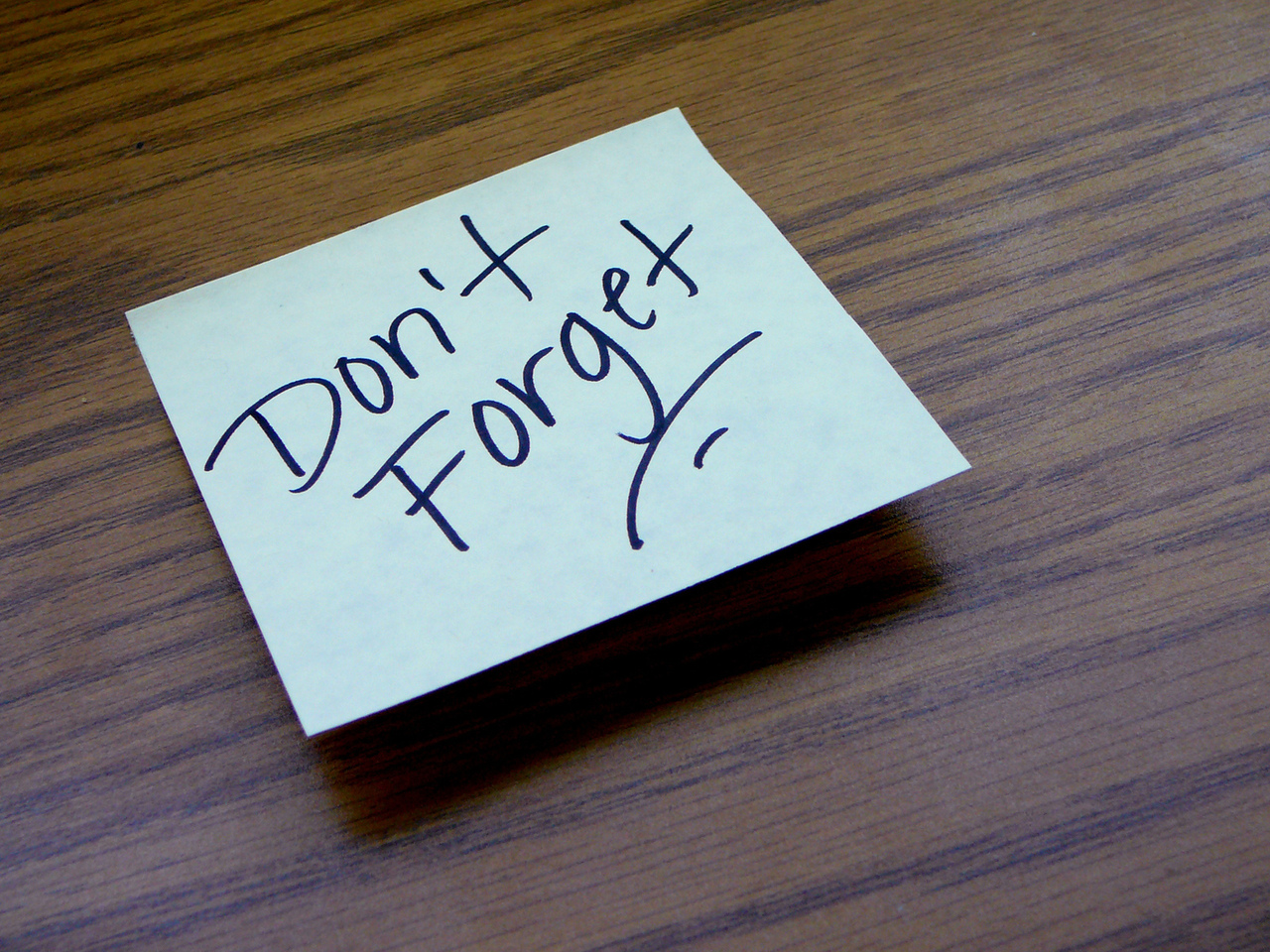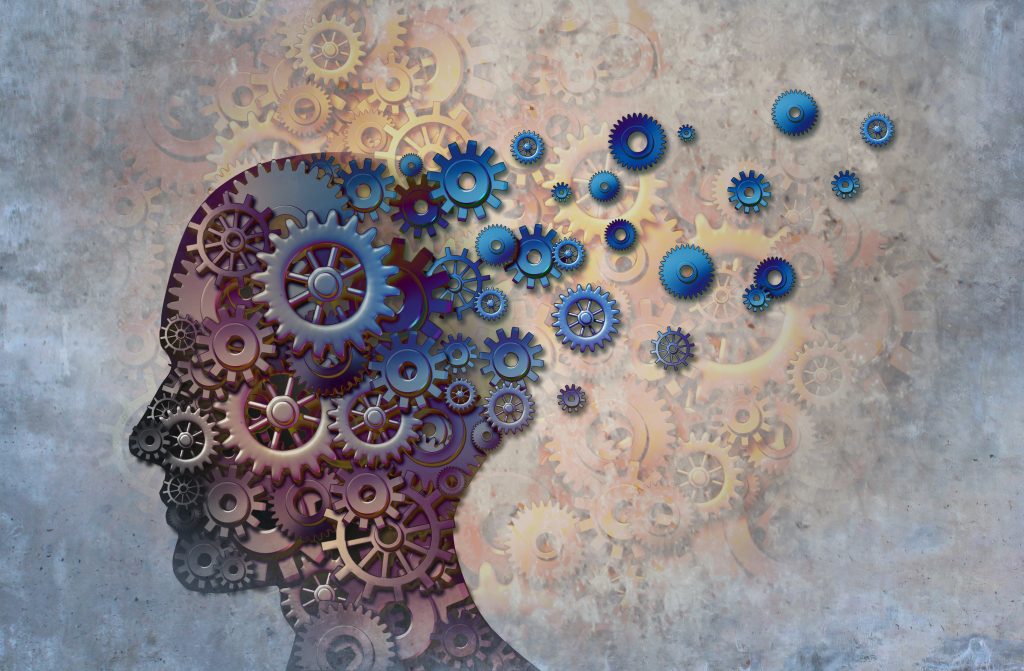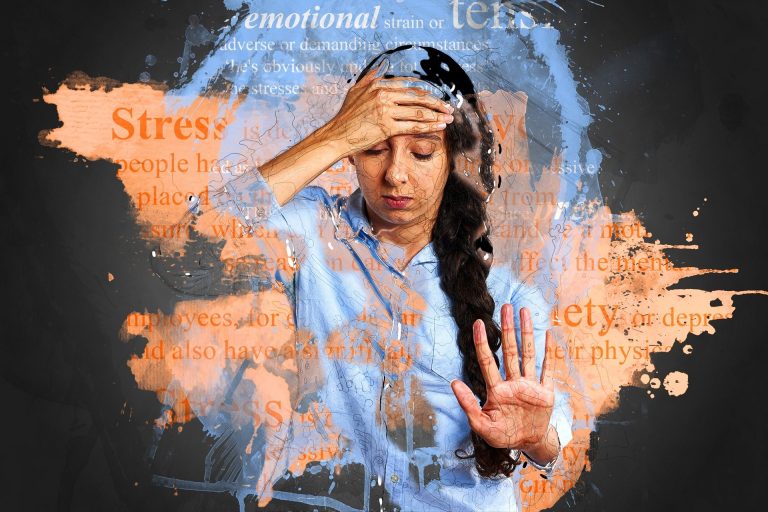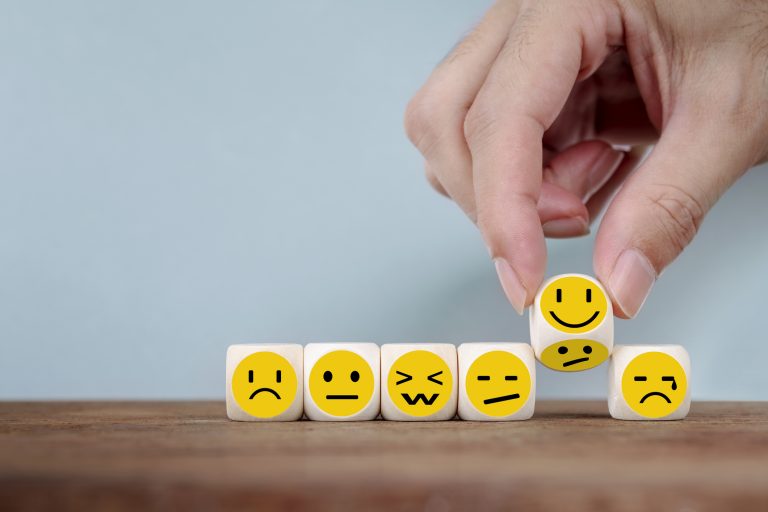Where Are My F*cking Keys?!?
I know I’m not the only one who swears to God! her keys are in her purse (or on the kitchen counter, front hall table, whatever), and then spends 20 minutes tearing apart her house trying to find them. It’s annoying whatever age you are, but it definitely seems more common as you get older. Once you hit a certain age, you start asking yourself, “Is this it? Am I getting senile?”
Chances are pretty good that you’re not. According to the World Health Organization, only 5 – 8% of people over 60 have dementia. But age-related memory loss is real—and a real pain in the ass. Luckily, there are things you can do to improve your memory as you age.
Wait…What Were We Talking About?
Oh, yeah—memory loss. 😃
Mild forgetfulness, like misplacing your keys or forgetting a bill, is part of aging. This is because the part of the brain responsible for storing memories deteriorates with age, as do the proteins and hormones that protect and repair brain cells. Moreover, blood flow to the brain decreases, and that can impact cognitive skills.
The good news? Building a fit body helps your brain, too. That means you can protect your memory if you’re:
-
- Eating food rich in Omega-3 fats: According to the Harvard Health Letter, the evidence that omega-3s preserve thinking skills is “reasonably strong,” especially when the nutrient comes in food rather than a supplement. But if you’re like me and don’t like fish, here’s my go-to source.
- Exercising regularly: Studies show that aerobic exercise reduces the risk of dementia.
- Getting enough sleep: Not only does a good night’s sleep help you take in new information when you’re awake, it’s also when you turn that information into memory.
You’re probably doing a lot of these things already—or at least you’re trying to! But perhaps the coolest way to protect your brain is to keep being curious about the world around you.
Get Curious to Give Your Brain a Fighting Chance
Brain-training games got a lot of press just a few years ago, but their ability to slow memory loss is still being debated. However, this book I read, Successful Aging, suggests curiosity might have more impact.
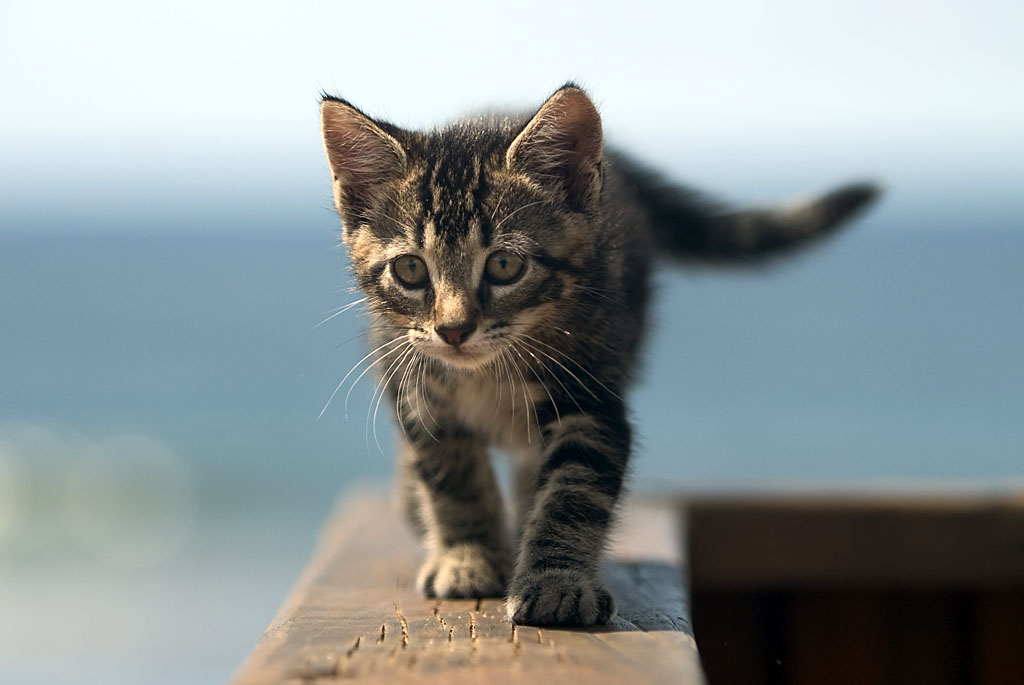
Basically, we’re talking about novelty seeking, lifelong learning and an openness to new experiences. Our desire for variety dwindles as we age, and honestly, that’s understandable. Our lives are already full of experiences, so sometimes it’s hard to get excited about something new. Plus, we’re busy with jobs and family— you know, life!—and we’re tired.
But here’s the thing, if we can maintain our curiosity, or better yet cultivate it, we can stave off cognitive decline. How do we do that? I don’t really know, but maybe we start by:
-
- Asking questions: What is something you’ve always wondered? Ask the question and then go find the answer.
- Traveling: Did you know that 40% of Americans have never been out of the country? And 54% have only visited 10 states or less. Nothing gets you out of your comfort zone than seeing new places.
- Engaging with others: Much like traveling, talking to people is another good way to stretch your brain—especially if you make the effort to meet people who aren’t like you.
- Trying something new: There are so many ways for people to keep learning. One of my favorites is Dabble, a free app that lets you sign up for introductory lessons on a wide variety of topics.
When You’re Curious, You Find Lots of Interesting Things to Do – Walt Disney
Does it sound a little ass backwards to say you can develop your curiosity by going out and trying new things? Maybe, but I look at curiosity like a muscle. You’ve got to use it or you might lose it. And once you get started, I think you’ll be surprised at how each new experience increases your motivation to find others.
Wishing you all the best in health,


